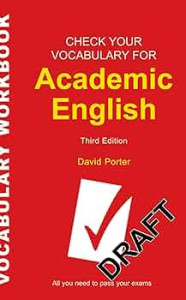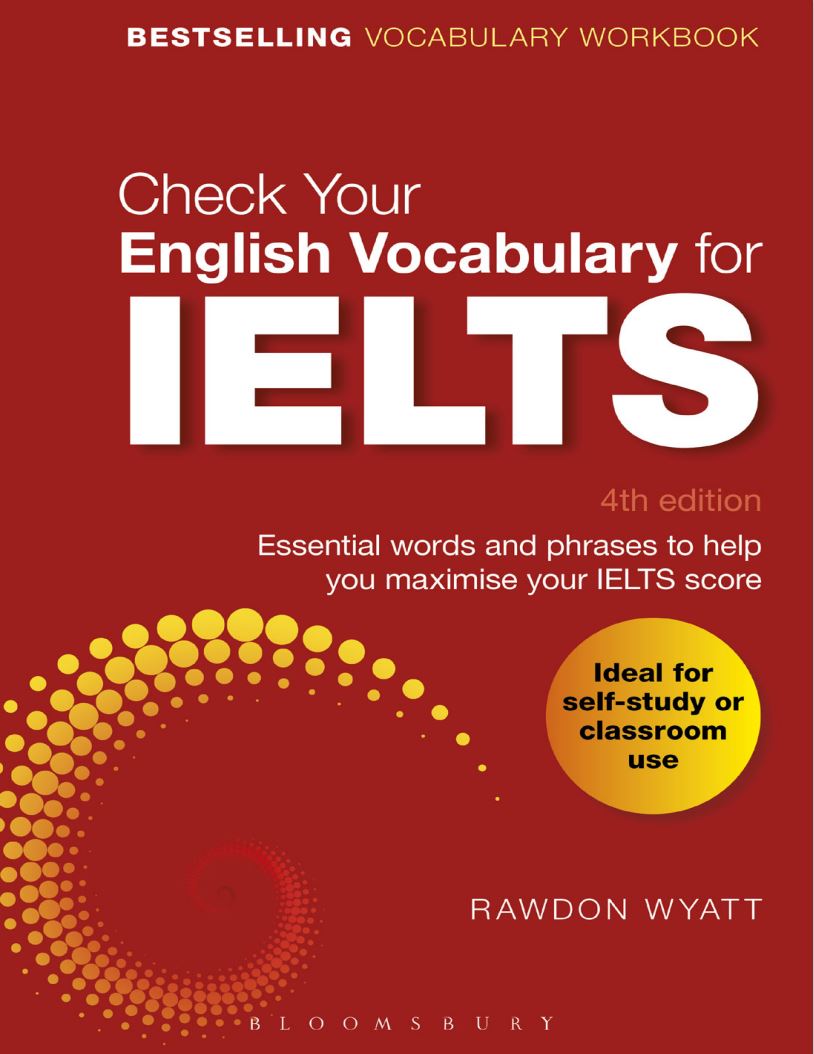Autor David Porter
Categorie Dezvoltare personală
Subcategorie Limba Engleză

Advice to the Teacher The purpose of this book is to equip non-native speakers of English at upper intermediate level and above with a core of sub-technical vocabulary relevant to the full range of university subjects. It is envisaged that this book will be used to supplement an English for Academic Purposes/Study Skills course, at foundation, undergraduate or postgraduate level. It may either be used in class or be assigned for study on a self-access basis. The vocabulary items presented here are based on research by I. S. P. Nation*, which culminated in a series of approximately 800 words ranked in sets according to their frequency of occurrence in texts drawn from a number of very different academic subjects. Since the order of the eleven units presented in this book reflect this ranking, the words in Unit One have a wider range of application than those in Unit Two and so on, which means that students should work through the book sequentially. Inside the units, each word is presented in an example sentence which aims firstly to provide a context from which students may be able to infer the meaning of the word in question and secondly to give instances of associated words such as collocates and dependent prepositions. This form of presentation will allow students to find out not only what words mean, but also how to use them. The exercises include gap-filling, word matching, identifying synonyms, matching sentence fragments, and word-completion. In all cases, the style and content of the examples I have written are intended to be typical of language used in academic contexts. In approaching the exercises, it is vital that students use dictionaries appropriately, and far preferable that they use an English-English learner's dictionary rather than a translation dictionary. Similarly, it is important that students do not regard simply filling in blanks as the sole purpose of this book. Instead, students should approach vocabulary learning actively. This means keeping a vocabulary notebook in which they should be encouraged to write an example for each new word, with special attention being paid to any dependent prepositions and collocations. Although the immediate goal is for students to learn the words here, if it can encourage students to take a more active, thoughtful approach to vocabulary learning, this book will have succeeded in its wider aim.
Listată pe: 14 iulie 2025
TOP 10 Cărți
















